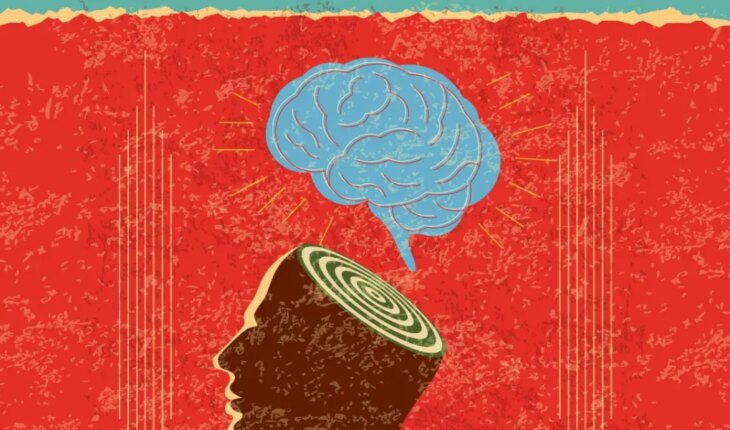Rumination is a phenomenon that, although it does not constitute a psychopathology in itself, can generate a lot of discomfort. Specialists describe it as a repetitive and persistent thought pattern in which we obsessively focus on a problem or concern without reaching a satisfactory conclusion. In other words, our focus gets “hooked” on something that can exacerbate symptoms of anxiety or depression. Then, when ruminating, we can feel trapped in a cycle of negative, self-critical thoughts that lead to mental health issues and negatively affect our sleep quality, concentration, and ability to make decisions. Unlike reflection or constructive critical thinking, which involves careful and conscious evaluation of thoughts and emotions, it does not lead to any solution or breakthrough. On the contrary, it causes more and more experiences that we have linked to stress on previous occasions to accumulate in our memory, so our discomfort grows over time. And as our thinking is trapped in this loop, it is difficult for us to take initiatives that can serve to discharge that accumulated stress. So instead of waiting for rumination to go away on its own, it’s more effective to take action on your own. Some psychological treatments, such as Acceptance and Commitment Therapy, proved effective in treating thought rumination. But in addition, there are other resources in addition to therapy that can help relieve tension. Physical activity and sport, in addition to making us release endorphins – the brain’s feel-good neurotransmitters – require us to focus on experiences that occur in real time. As already known, physical exercise can reduce stress levels (which can decrease the frequency and intensity of rumination), improve sleep quality (reducing fatigue and irritability associated with rumination), improve self-esteem and confidence (reducing negative and self-critical thoughts), and distract the mind. It can also be helpful to get involved in activities that are meaningful and rewarding, such as volunteering or practicing a hobby. These are an excellent opportunity to learn new things, socialize with other people who share the same interests, and develop skills. Painting, photography, music, reading, gardening, volunteering, cooking, sewing and many more can allow us to invest time and energy in something more useful and have more fulfilling experiences. Whether it’s with a friend or a mental health professional, sharing our thoughts and feelings with someone else can be good for gaining a new perspective on what makes us upset and for us to stop thinking about it in the same way. Our loved ones, in addition to showing us their ideas on the subject, can help us identify possible solutions. Of course, as far as possible, we must not limit ourselves to resorting to a single person; The plurality of points of view to interpret what happens to us can be key. What am I thinking, feeling, doing? Writing in a journal is a good tool to evacuate thoughts from the head. Narrating what happens to us facilitates reflection and introspection, processing emotions more effectively, and identifying negative thought patterns. Otherwise, making voice memos is a good alternative to the task of writing; It will allow us to talk to the part of us that is stranded, learn to reassure it and tell it to breathe. Exercises such as meditation, mindfulness and yoga can help improve stress management and disengage attention from the things that trigger it. While it is true that in the meantime our thinking does not stop, rumination is often due to a hyperactive and worried mind; In that sense, these practices promote relaxation and, by doing it on a regular basis, we can learn to calm the mind. If the situation continues to overflow, it is important to go to therapy. Turning to a psychologist provides us with a safe and non-judgmental space to talk. A therapist can help us identify rumination triggers, teach us coping skills, and provide us with tools for change.
Rumination: How do you stop thinking about the same thing all the time?
March 15, 2023 |





